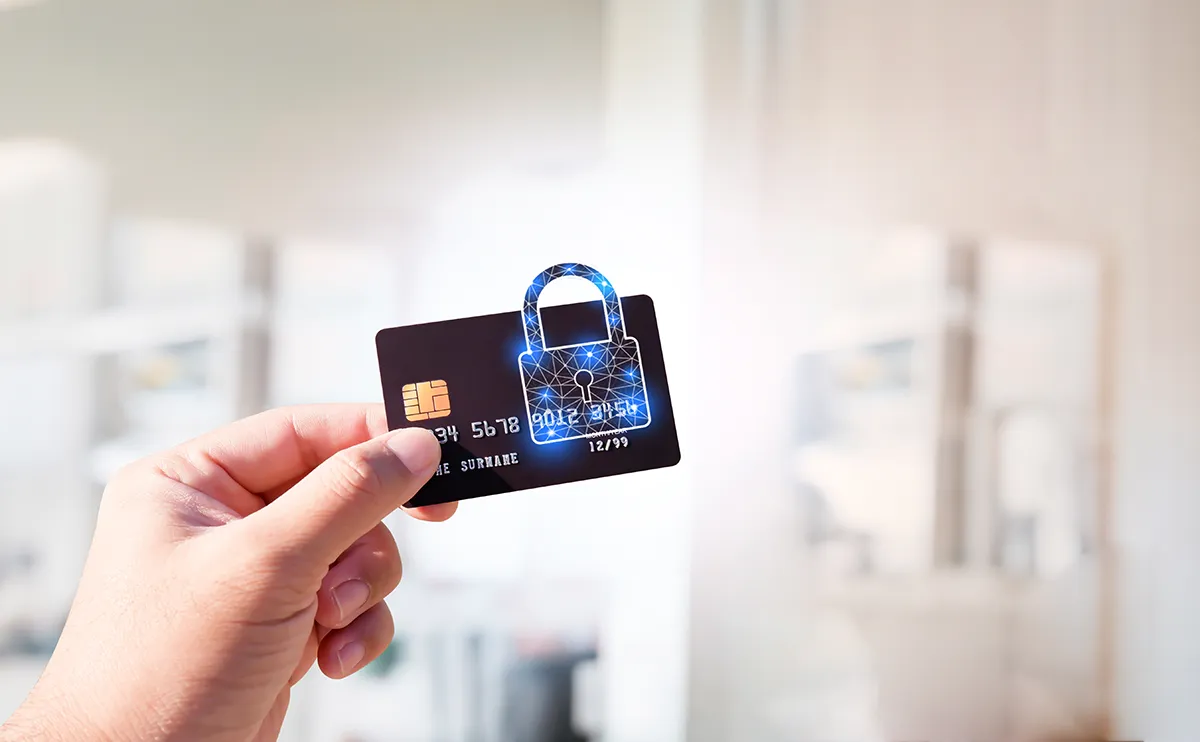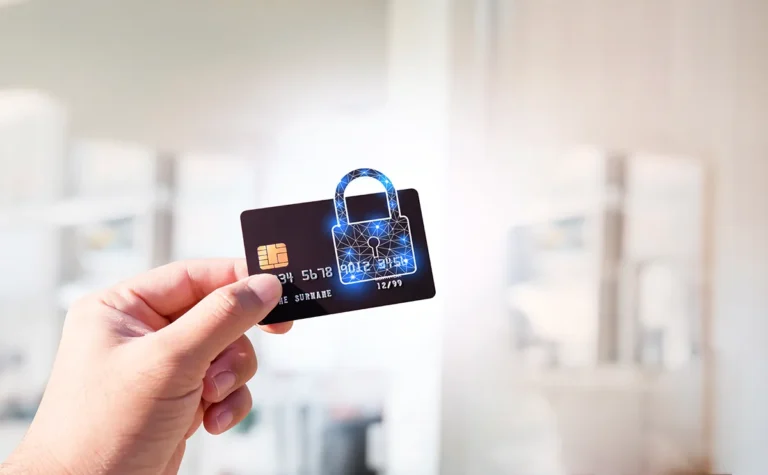How To Stay Out of Credit Card Debt
Credit cards can be a useful tool when they are utilized properly and responsibly. For individuals focused on building a credit history, an unsecured credit card that is used for making small purchases and consistent timely monthly repayments can drive a healthy credit score and profile, which can result in greater access to credit later.
Credit cards can also play a useful role in the monthly budgeting process, alleviating instances of tight cash flow when necessities must be paid and a paycheck remains a few days away. Furthermore, credit cards can be useful to have on hand for emergencies, particularly when travelling and driving. However, when credit cards are misused as a vehicle for an individual to live beyond his or her means, problems can result.

Over time, high-interest rate credit card debt accumulates and becomes a psychological and financial burden. For a person making only minimum monthly payments that barely put a dent into balances owed, things can get very expensive. Since high interest rate credit card debt revolves month after month and accumulates significant interest expense over time, staying out of credit card debt is a very important issue to address. Let’s take a closer look.
Live Within Your Means
Rule number one for managing credit card debt responsibly is to live within your means. This implies that an individual will not use credit cards with reckless abandon, purchasing items and experiences that otherwise could not be paid for in cash.
A good rule of thumb when using your credit card is to ask yourself whether you have the cash in your bank account to cover the cost of the impending purchase. If you do – why not just use your debit card instead? If you’re reluctant to use your debit card or don’t actually have the extra cash in your bank account, then that’s an indication that the purchase you’re about to make is one that is beyond your means.
These type of credit card purchases contribute to an outstanding debt balance that accumulates high interest expense and can become a silent killer as you attempt to move forward financially.
ABC
Have a Budget
Living within a pre-defined monthly budget that includes a full accounting of all monthly expenses as they relate to your monthly disposable income can be the difference maker between staying debt-free and building an insidious pile of credit card debt.
The process of building and living within a monthly budget is not necessarily an exciting one, but it can pay dividends in peace of mind and financial well-being that are well worth the effort.
The 50/30/20 rule is a good place to start – and it speaks to percentage allocations that can be made to your various monthly expenses. The 50/30/20 rule specifies that 50% of disposable income be allocated to necessary expenses, 30% be allocated to “wants,” and 20% be allocated to debt repayment and savings.
Drawing a clear line between necessities and wants is important here, as is automating the debt repayment and savings of 20%. If necessary expenses are greater than 50% of after-tax income, any shortfall hit goes to “wants” – not to debt repayment and savings. Consult additional articles on this website for more guidance on constructing and living within the confines of a monthly budget.
Define a Monthly Credit Card Spending Limit
There are two key steps to enforce when monitoring your own credit card spending. The first is to set a pre-defined monthly spending limit. This is more easily determined once you have a monthly budget in place, as a six-to-twelve month history of various credit card expenses can be utilized as part of the monthly budget and result in a realistic monthly limit to enforce for credit card spending.
Though it is possible that certain recurring monthly bills including electricity, water, internet, cell phone, cable, Netflix, Hulu etc. be placed on autopay attached to a credit card, why not have the autopay directly linked to a checking account or debit card instead?
Beyond monthly recurring bills, you’ll likely find that many credit card expenses fall under the “wants” (restaurant meals, bar happy hours, entertainment, etc.) within the 50/30/20 rule – though groceries, gasoline and other necessary expenses may show up as well. Regardless, figure out your monthly credit card spending limit and stick to it.


Monitor Your Credit Card Spending
The easiest way to monitor your credit card spending is to sign into your online credit card account regularly – at least once a week. This way, you can know exactly how much you have charged throughout the month and how much room you have remaining before you hit your predefined spending limit.
When you’re approaching your self-imposed limit, it becomes time to ease off the gas on your credit card spending. Furthermore, make note of any typical credit card spending that you paid in cash that month instead. Good on you for paying in cash – but be certain to deduct that amount from your pre-defined credit card spending limit anyway.
This way, you’ll remain within the confines of the expenses within your overall monthly budget. A secondary approach when logging into your online credit card account is to simply make note of the balance as it builds after each week and pay it off in full online. This is obviously most desirable, and should be pursued whenever feasible.
Have an Emergency Fund
Emergencies do happen, and they can happen at any time. An unexpected medical situation or car repair, for example, can lead to sudden credit card debt if there isn’t any emergency cash socked away in a savings account ahead of time.
Think of it as insurance for the unexpected. Just as constructing a budget and living within the confines of it isn’t very exciting, neither is the prospect of sitting on a pile of cash waiting for something bad to happen. However, should lightning strike, you’ll be ready.
Think in terms of putting aside at least $1,000, but ideally $2,500 or more. A full emergency fund to provide for job loss would be closer to four to six months of living expenses. Either way, an emergency fund can keep you from relying on a credit card when the unexpected happens, and it can help keep you out of credit card debt.


More Tips For Staying Out of Credit Card Debt
The single best way to stay out of credit card debt is to only charge what you can afford to pay in full after each and every month. This is the ideal scenario, but it doesn’t have to be a dream.
If you’re living within your budget, you can actually pull this off. Best of all, this approach is better than not using credit cards at all – as timely repayment helps you build a strong credit score and profile. Start slowly, start small, and see if this approach can work for you and your temperament.
Next, if you aren’t already, it is a good idea to set all of your monthly credit card payments on autopay. This way, you won’t be at risk of missing payments and incurring late fees while neglecting your outstanding debt balance. Realize that when you miss a payment, the next required minimum payment on that card will be more than doubled to account for the missed month – and this can really place a strain on a monthly budget, forcing further reliance on credit cards to make ends meet that following month.
Finally – two things to avoid in order to stay out of credit card debt. First, balance transfers can be great when you’re moving high interest rate debt from one card to another on a promotional rate. But don’t misuse balance transfers as a means of paying your bills – the balance transfer fee will often make your debt more expensive if it is not associated with a promotional rate.
Focus on your budget and making more money if necessary. Secondly, don’t mess around with cash advances on credit cards. The typical credit card cash advance APR is 19% or higher, and that just isn’t economical over any length of time. Unless you know that you’ll be paying off the advance in full within a matter of days, avoid cash advances at all costs. They’re too expensive and will contribute toward a high-interest rate debt balance.
Are you in debt? we can help

About The Author: Steven Brachman
Steven Brachman is the lead content provider for UnitedSettlement.com. A graduate of the University of Michigan with a B.A. in Economics, Steven spent several years as a registered representative in the securities industry before moving on to equity research and trading. He is also an experienced test-prep professional and admissions consultant to aspiring graduate business school students. In his spare time, Steven enjoys writing, reading, travel, music and fantasy sports.
Get Debt Relief
Connect with licensed debt specialists dedicated to supporting your long-term financial well-being.

Ready To Get Started?
See if you qualify for debt relief. Get A Free Savings Estimate to see how quickly you can be debt free.
Embrace financial freedom with our tailored solutions, expert guidance, and unwavering commitment to your success.
Experienced Professionals
Our team comprises seasoned experts who have successfully navigated countless clients towards a debt-free life.
Customized Solutions
We understand that every financial situation is unique. That’s why we craft bespoke debt relief plans tailored to your specific needs.
High Success Rate
Our track record speaks for itself. Our effective strategies and dedicated approach ensure tangible results.
Confidential Consultation
Your privacy is paramount. Rest assured, our consultations are carried out with the utmost discretion and confidentiality.
Explore other blogs











